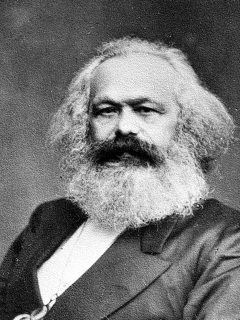
Publication details
Publisher: Palgrave Macmillan
Place: Basingstoke
Year: 2017
Pages: 505-522
Series: Political Philosophy and Public Purpose
ISBN (Hardback): 9781137558008
Full citation:
, "The metaethics of critical theories", in: The Palgrave handbook of critical theory, Basingstoke, Palgrave Macmillan, 2017


The metaethics of critical theories
pp. 505-522
in: The Palgrave handbook of critical theory, Basingstoke, Palgrave Macmillan, 2017Abstract
Critical theories, from their beginning in Marx's philosophy to the Frankfurt School with its different generations, have always been characterized by a certain ambivalence toward moral questions. They often conceive themselves as an alternative to traditional moral philosophy, which is criticized both for separating context-free normative justification and empirical descriptions too strictly and for its seeming commitment to moral and normative standards developed independently from historical and social contingency. The different generations of critical theory have all attempted to develop a theory of normative judgment which is appropriately critical but which nevertheless does not require any commitment to naive moral naturalism or context-free realism. In the chapter, the author traces this through the different stages of the development of critical theories, and argues that at least some of the answers we can find in this tradition do not fit into the usual division between realist and antirealist theories in contemporary metaethics.
Cited authors
Publication details
Publisher: Palgrave Macmillan
Place: Basingstoke
Year: 2017
Pages: 505-522
Series: Political Philosophy and Public Purpose
ISBN (Hardback): 9781137558008
Full citation:
, "The metaethics of critical theories", in: The Palgrave handbook of critical theory, Basingstoke, Palgrave Macmillan, 2017


